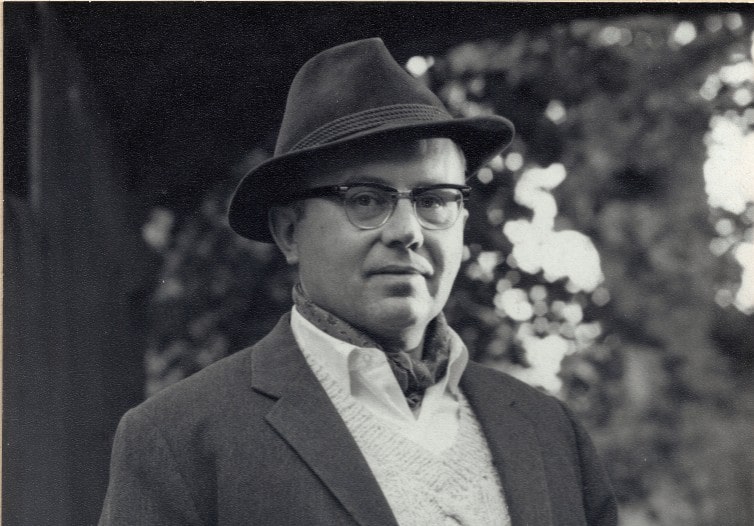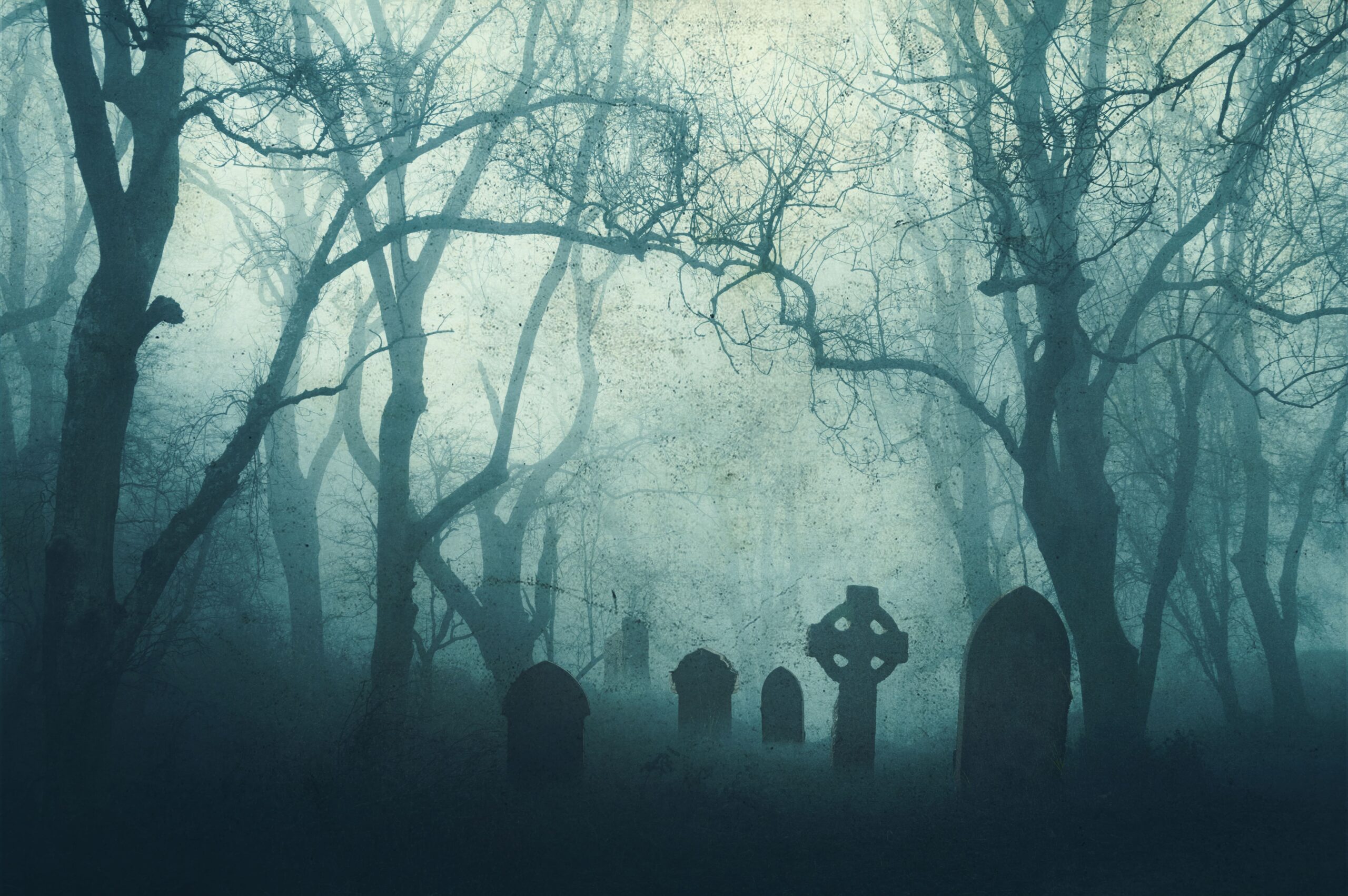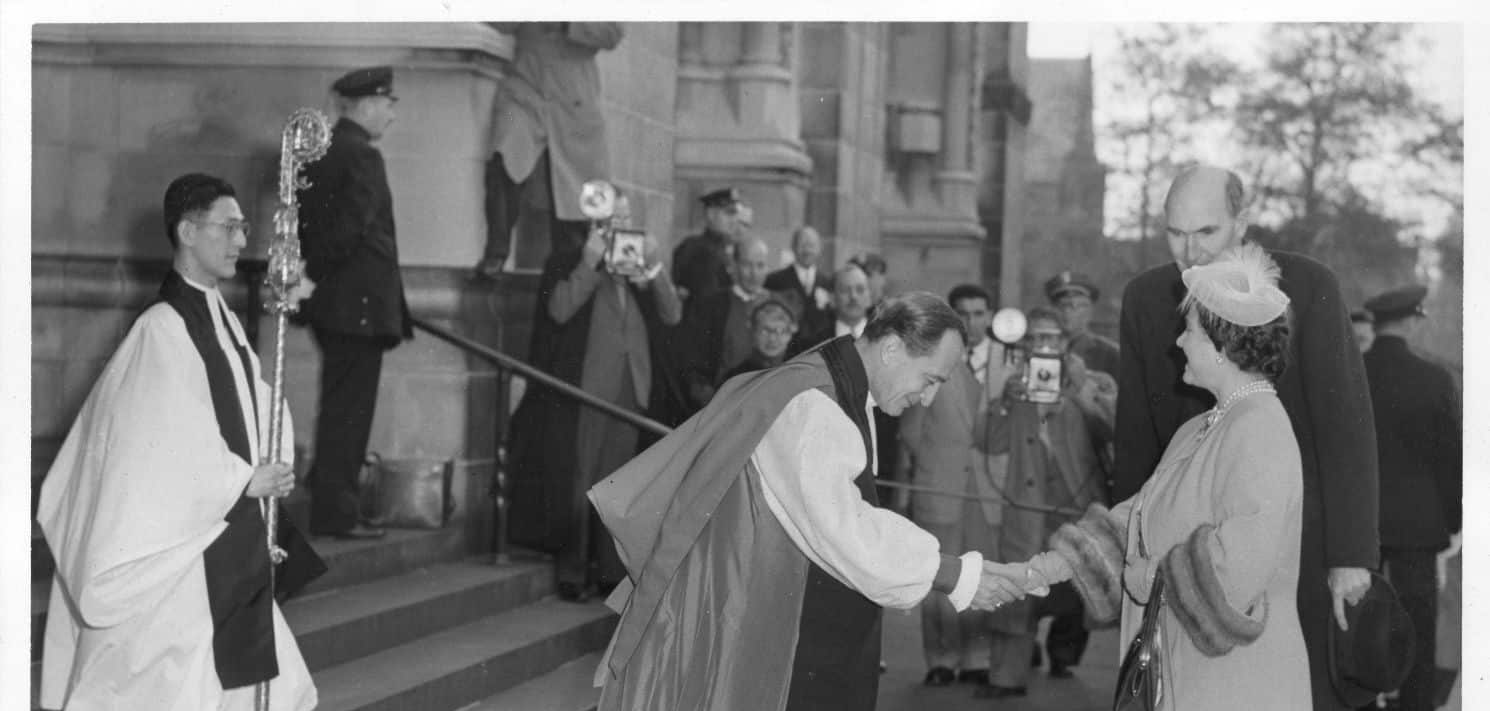Macbeth is a play about two things very much on Americans’ minds—regime change at home and whose children will inherit the kingdom. Macbeth seizes power successfully, yet his line has no future; even in victory he is a failure. Americans are locked in a quadrennial struggle over who will hold the highest office in the land, but the winner of our presidential contest is doomed to be seen as a tyrant (and probably a usurper) by the losing side.
For millions of Americans—albeit different millions depending on the election’s outcome—the closest thing we have to a king is always a Macbeth. Yet for all the passion we invest in our elections, as intense as any that drives Macbeth to become king, the greater question is not who will prevail today but whose posterity will claim the future. For a republic such as ours, that’s not a question of royal blood, but its answer still depends on children.
A high-profile production of Macbeth is on stage in Washington, D.C., right now, running through May 5 and set to be shown in select cinemas nationwide (and internationally) early next month as well. Ralph Fiennes and Indira Varma are magnificent as Macbeth and his murder-minded lady, and although the setting of the play has shifted from medieval Scotland to a world of modern warfare—air raids overhead, bullet-proof armor on soldiers in olive drab—the adaptation by Emily Burns and direction by Simon Godwin present Shakespeare faithfully. Costumes and scenery appropriate for war in the twenty-first century aside, this is a timeless Macbeth that would be as intelligible to a Jacobean audience as to modern theatergoers.
Macbeth has not been turned into Donald Trump, and the usurped Castle Dunsinane is not the United States Capitol. The slight cuts to Shakespeare’s text—or, mostly, to those parts of the play whose authorship is questioned—are judicious. This is a classic performed respectfully and well, and for the most part even the deficiencies of this production are those that are characteristic of almost all stagings of this work.
“When we read the incantations of those terrible beings the Witches in Macbeth,” wrote Charles Lamb early in 1811, “is the effect upon us other than the most serious and appalling that can be imagined? Do we not feel spellbound as Macbeth was?” Yet “attempt to bring these things on to a stage, and you turn them instantly into so many old women. . . . Contrary to the old saying that ‘seeing is believing,’ the sight actually destroys the faith.”
So it is here, although the weird sisters are played by young women—Lucy Mangan, Danielle Fiamanya, and Lola Shalam—and they’re dressed, unhelpfully, rather like tattered rejects from a 1980s Cyndi Lauper music video. More successful, however, is the substitution of spirit possession as a medium for communicating the messages of the witches’ masters, in place of apparitions in the form of a disembodied head, a bloodied child, and a crowned child with a tree in hand. The substitution loses the symbolism of those figures, of course, and it isn’t an improvement, but it’s effective in its own right.
Fiennes breathes the lead role naturally, his eyes speaking as fluently as Shakespeare’s words flow from his tongue. Varma is a match for him and more as Lady Macbeth, her performance controlled and believable in the lady’s wickedest and most vulnerable moments alike. The cast, largely British but with several Americans integrated well, gives an impressively organic sense of the play—attendees said they understood the play much better than from other productions.
A film star lead was sure to draw an audience, even to the Brentwood precinct of Washington, D.C., a place that recorded nine murders in the first nine months of last year. It’s not a tourist destination. The theater itself is not one of the Shakespeare Theatre Company’s permanent venues—those are near the District’s Chinatown—but a custom-modified warehouse deep in a parking lot next to an auto shop. This unusual location has not dampened theatergoers’ interest, however: the production has been sold out since around the beginning of the year.
What’s most significant about this Macbeth, however, is not its celebrity appeal but its transparency—this is the play as Shakespeare intended it, mostly; and the high politics of Shakespeare’s stage may seem like a relief to men and women preoccupied with everyday politics in the nation’s capital. Yet a great Shakespearean tragedy is never just a diversion for one who cares to pay attention. The elemental themes of Macbeth are those of our politics, too, especially now.
The elemental themes of Macbeth are those of our politics, too.
Shakespeare understands ambition—the clash it produces in Macbeth’s own heart between his desire for power and the vestiges of conscience, the fear of failure and fear of missing his moment or failing to live up to his destiny and prowess. Like many an ideologue or political consultant, Lady Macbeth shapes and sharpens ambition and mobilizes the heart that heeds it. To do so, she must call upon dark powers to “unsex” her, lest natural compunctions stand in the way of power. Politics today is unsexed, isn’t it? Contemporary parallels might leap to mind when one hears Lady Macbeth say that having known “how tender ’tis to love the babe that milks me” she would nonetheless “have plucked my nipple from his boneless gums / and dashed the brains out” rather than lose the object she seeks.
Macbeth, for his part, purges himself of “the milk of human kindness” and whatever Christian restraint is in him when his lady calls his manhood into doubt. Perhaps it’s not surprising that Lady Macbeth, the un-woman, and Macbeth, who is manly only in his violence, do not have any heirs. The witches prophesy that Banquo’s offspring will ultimately inherit Scotland’s throne, but Shakespeare does not make his characters seem like mere pawns of predestined fate. If Macbeth is not to have successors, his own character is to blame for his future.
Americans covet power too, though they typically pursue it by peaceful, electoral means and in the name of high-sounding motives, mixed with pride though those might be. But Americans are also susceptible to the temptation to discard nature’s limits for the sake of obtaining a good that makes other goods possible. Power is a poor reward absent posterity, however. Future generations may even honor today’s lesser figure—a Banquo—more highly than a mightier leader who leaves no legacy. In a republic, such legacies are not simply hereditary but also cultural. There will be generations of Americans to come; the question is what sort of people they will be, and by what means those who live today will shape the values of those who inherit the nation.
Macbeth does not contain immediate political prescriptions. It holds lessons far more important. Read it, or see it—and see into it.















